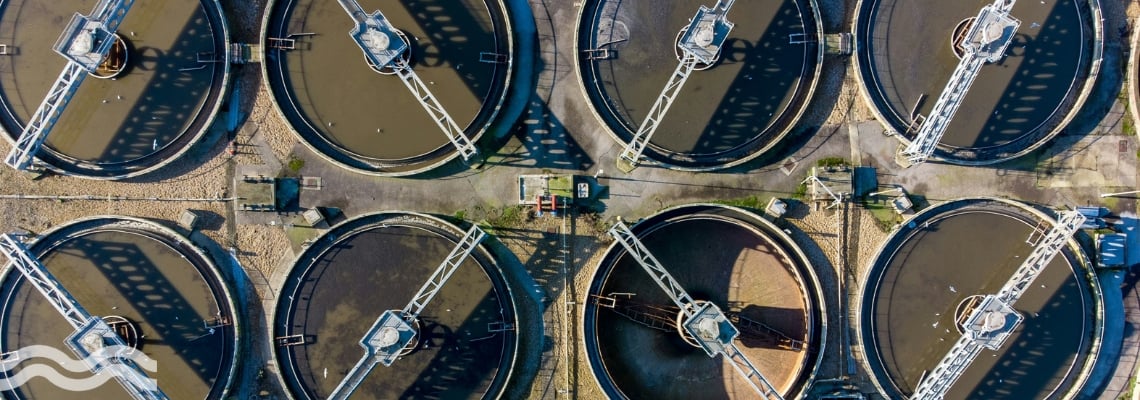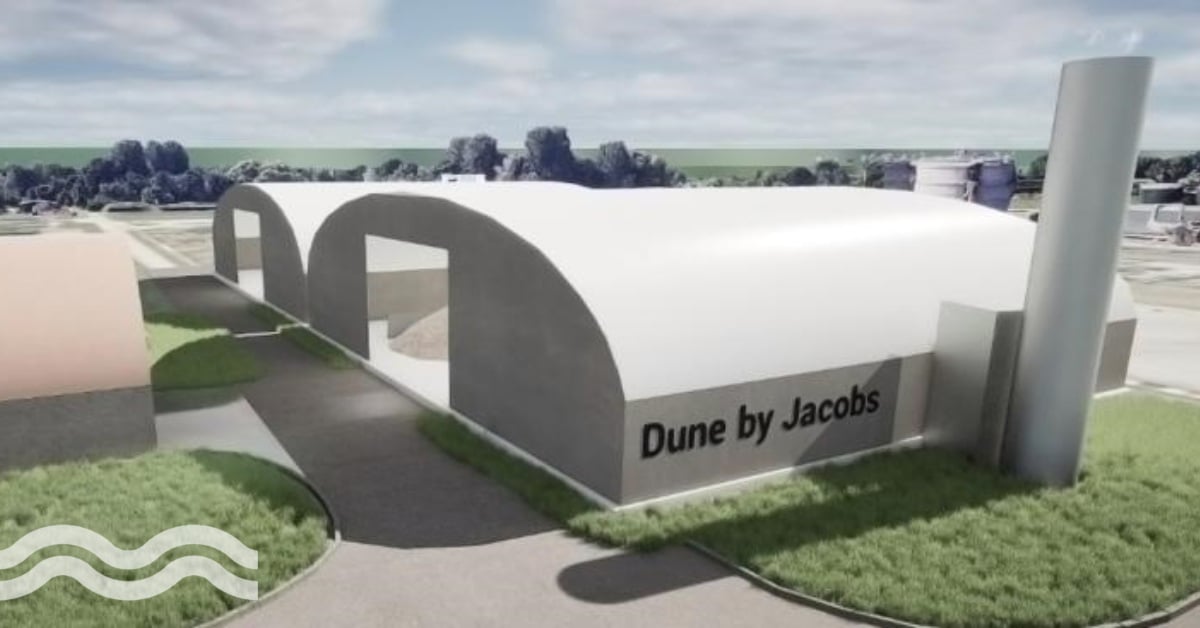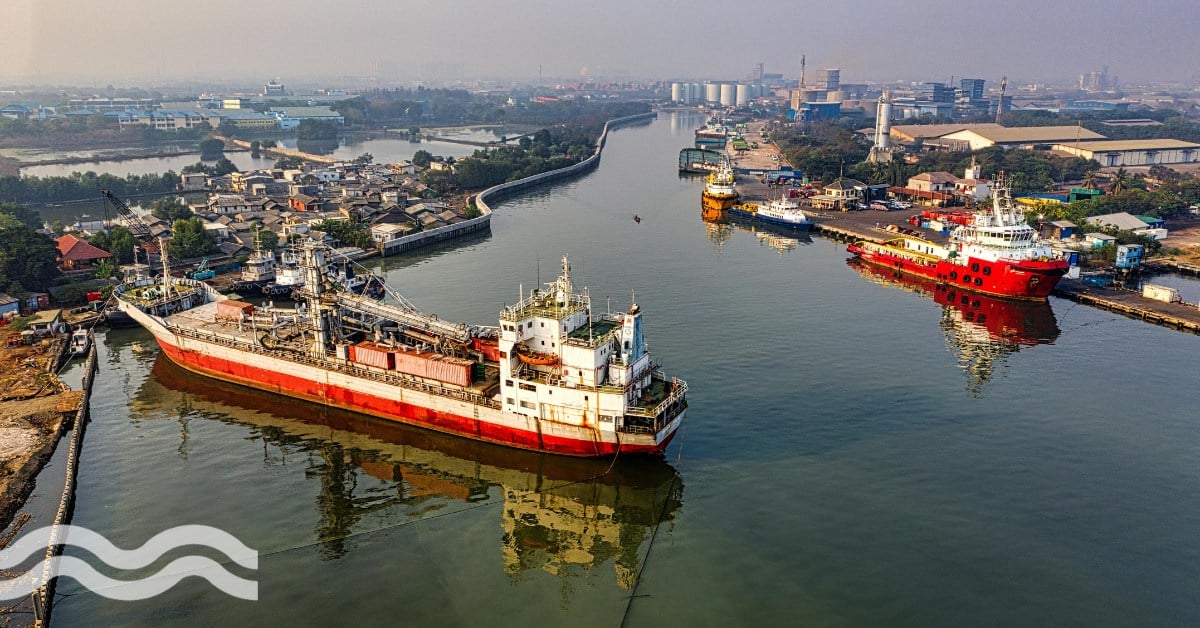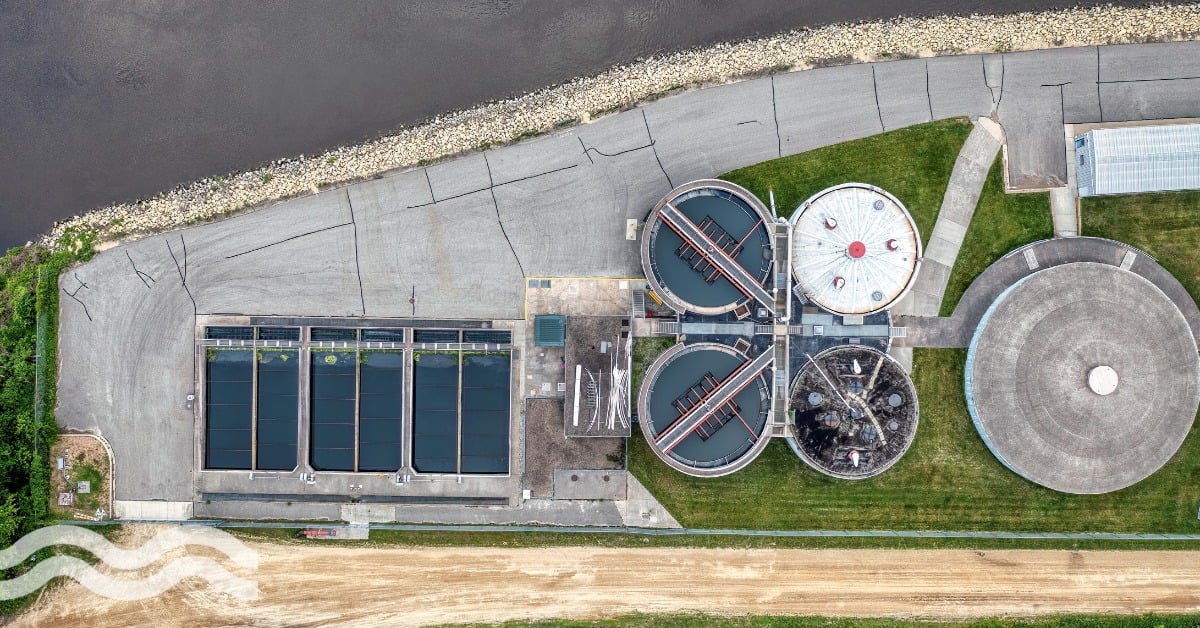Commercial use of biopolymers assessed at UK pilot plant

Dutch-based engineering company Royal HaskoningDHV is implementing the UK's first Kaumera pilot plant to extract biopolymers from sewage sludge.
Circular Economy Viability Testing
The wastewater pilot plant in Blackburn, Lancashire uses the Nereda aerobic granular sludge technology developed by Royal HaskoningDHV and Delft University of Technology. This process uses 50 per cent less electricity than conventional aerobic treatment processes to purify wastewater.
Under the leadership of United Utilities, the plant will now pilot technology to recover biopolymers from sewage sludge using Kaumera extraction technology, but crucially the project will also test the biopolymers' viability for use in commercial applications.
Innovation and Collaboration
The project is being funded by Ofwat's Innovation Fund, as part of the 'Biopolymers in the Circular Economy (BICE) project. Partners in the project include United Utilities, Severn Trent Water, South West Water, Royal HaskoningDHV, CirTec Cellvation, AquaMinerals, Yara, Glasgow Caledonian University, and Cranfield University. The project will run until March 2027.
Lisa Mansell, chief engineer, Innovation, at United Utilities told media: "The water industry strives to minimise its environmental impact and increase efficiency. This project will explore the recovery of biopolymers such as those from cellulose in toilet paper to naturally derived biopolymers and will be a great example of a circular economy."
She added: "It will also test the viability of generating new revenue streams which could help us drive down our operating costs and ultimately benefit customers. We are very excited about exploring the possibilities of circular wastewater treatment technologies and applications for a more sustainable future."
Kaumera Extraction Technology
As part of the Nereda wastewater purification process, Kaumera extraction technology can be incorporated to effectively harvest the remaining sludge, as well as sludges from other plants, for biopolymers resulting in a base product of Kaumera gel or gum.
This base product will be assessed during the project for direct water company uses (i.e. flocculants for wastewater treatment) and for further processing to develop future market opportunities.
Kaumera is a bio-based raw material which can be combined with other substances to create lightweight biocomposites with many potential applications. One of its characteristics is that it both retain and repel water, which opens up opportunities in agricultural, horticultural, textile and concrete applications.
The first Kaumera extraction plant was developed in Zutphen in the Netherlands in 2019, with a second opening during 2020 in Epe.
Paul Lavender, UK water utilities director at Royal HaskoningDHV told media: "Biogas is already extracted from sewage sludge but adding the recovery of useful biopolymers moves the industry higher up the value chain – it's potentially game-changing."
He added: "The global liquid polymer market is worth €1.2 trillion annually and is highly fossil fuel dependent, yet the nation's water treatment plants offer us a natural source of biopolymers. This new pilot project won't just demonstrate the extraction technology but will develop use cases by involving the whole supply chain including academia, commercial product developers, and blue-chip end-users."


